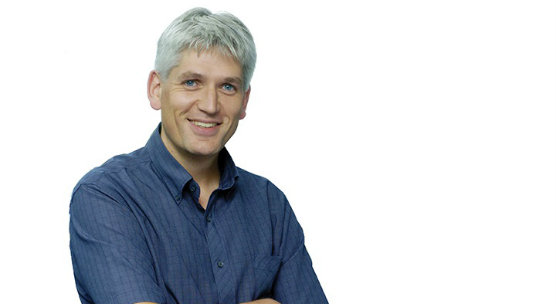Academia-industry collaboration gets £7 million to accelerate drug discovery
Published On Tue 20 Sep 2016 by Grant Hill

The University of Dundee has announced renewed funding of more than £7million from three of the world’s leading pharmaceutical companies to support its Division of Signal Transduction Therapy (DSTT).
Pharmaceutical giants Boehringer Ingelheim, GlaxoSmithKline and Merck will provide support of £7.2 million until 2020, enabling scientists at Dundee to continue their fundamental research in multiple therapeutic areas, including cancer, arthritis, lupus, hypertension and Parkinson’s disease. This new round of funding secures 38 posts at Dundee for the next four years.
The DSTT comprises 22 research teams at the School of Life Sciences at the University, 12 of which are based within the Medical Research Council Protein Phosphorylation and Ubiquitylation Unit (MRC-PPU).
Founded in 1998, expanded in 2003 and renewed in 2008 and 2012, the DSTT is the world’s longest running collaboration between academic research laboratories and the pharmaceutical industry. The latest renewal means the consortium has attracted £58 million in funding since its inception. It is widely regarded as a model for how academia and industry can interact productively for which it was awarded a Queen’s Anniversary Prize for Higher Education in 2006.
Professor Dario Alessi, Director of the MRC-PPU, said, “I am absolutely thrilled that we have been able to renew this remarkable 18-year flagship collaboration with our pharmaceutical partners. This alliance has never been more important as our Dundee-based researchers are making such tremendous progress in better understanding human diseases such as Parkinson’s, immune conditions and cancer.
“The DSTT collaboration provides a unique platform through which our Dundee investigators and pharmaceutical companies can work together in order to launch and accelerate the early stage development of new drugs. It also provides our students and postdocs an opportunity to gain vital experience working closely with pharmaceutical companies that stimulates some of them to embark on a lifelong career of drug discovery to develop better treatments or even cures for human disease.”
The DSTT works to help identify new drug targets and then accelerate the early phase development of improved treatments for major global diseases. It was founded by Professor Sir Philip Cohen and Professor Sir Pete Downes, the current Principal and Vice-Chancellor of the University. In July 2012, Professor Dario Alessi assumed the Directorship of the DSTT with Sir Philip and Professor Doreen Cantrell acting at Deputy Directors.
The DSTT helps the participating pharmaceutical companies to develop improved drugs that target major ‘controller’ proteins in the body, focusing on enzymes called kinases and components of the ubiquitin system.
The ubiquitin system is an emerging area of drug discovery in which Dundee has developed world-leading strengths, including the first method of screening for potential drugs against enzymes in the ubiquitin system in a more physiological way. The University is one of the world’s largest centres for the study of kinases and the ubiquitin system, with some 200 scientific and support staff working in this area.
Dr Malcolm Skingle, Director of academic liaison at GSK, said, “At GSK, we believe that collaboration is key to helping convert groundbreaking science in to medicines. Working with experts outside our own labs enables us to benefit from each other’s skills and experience, as well as sharing risk – which makes all partners well placed to pursue the most promising avenues of research.
“We’re delighted to be renewing our long-lasting alliance with Dundee, which exemplifies this collaborative approach. Working alongside scientists from Dundee, we’re making inroads in our understanding of a broad range of chronic diseases, and we believe that by continuing our work together we’ll be able to accelerate the translation of this knowledge in to new treatments for patients.”
Dr Clive Wood, Corporate SVP of Discovery Research at Boehringer Ingelheim, said, “We have been delighted to be a member of the consortium and work with the outstanding scientific teams in Dundee. We have gained early insights that have helped to spark in-house discussions, ideation for new therapeutic concepts and generate better understanding of new cellular mechanisms of disease. We look forward to our future work together.”
For media enquiries contact:
Grant Hill
Press Officer
University of Dundee
Nethergate, Dundee, DD1 4HN
Tel: +44 (0)1382 384768
Mobile: 07854 953277
Email: g.hill@dundee.ac.uk